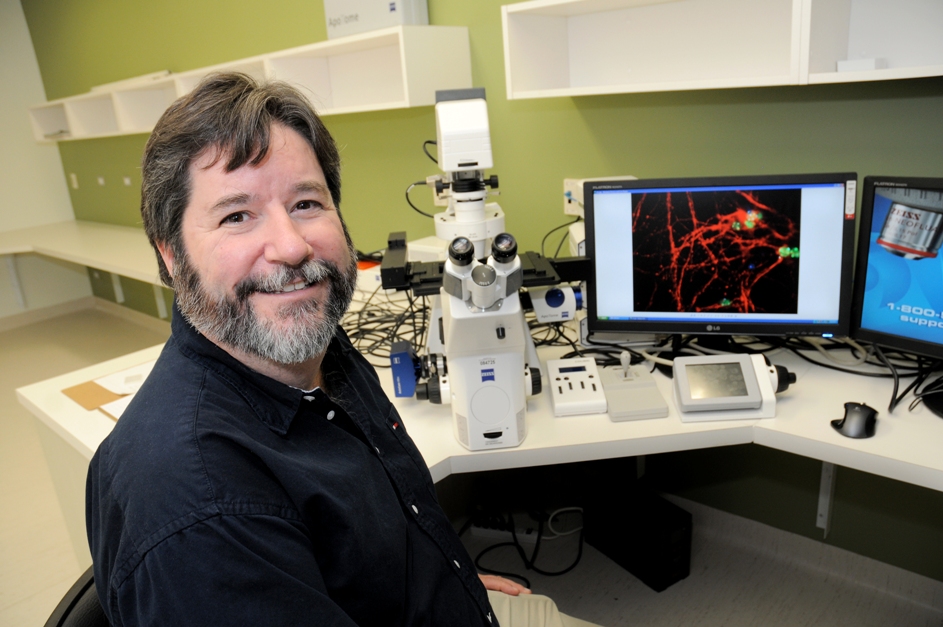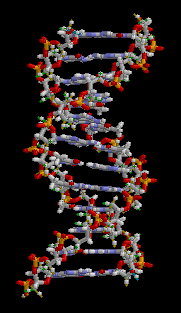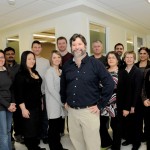Discovery could lead to new treatments for ALS
A team of researchers at the University of Manitoba have discovered a mechanism by which a mutated gene called TLS/FUS causes amyotrophic lateral sclerosis (ALS). This is the first report describing how, at the molecular level, genes such as TLS/FUS cause ALS, and opens up avenues to possible new treatments.
Geoff Hicks and a team of graduate students and fellows in the Manitoba Institute of Cell Biology and the Regenerative Medicine Program at the University of Manitoba have found that the mutated gene TLS/FUS creates a “runaway train” effect that produces too much protein within cells.
TLS/FUS is a frequently mutated gene in amyotrophic lateral sclerosis (ALS). ALS, also known as Lou Gehrig’s disease, is characterized by a progressive degeneration of motor neurons. The team discovered that when healthy cells make enough TLS protein, some of it travels back into the nucleus to tell the cell to stop making more protein. This auto-regulation controls how much is being made so that the cell doesn’t make too much. In people with ALS, the genetic mutation prevents the protein from traveling back into the nucleus so the cell keeps making more and more protein. The extra proteins build up in the cell in large clumps, disrupting normal cell function and leading to cell death of the motor neuron. A person with ALS slowly loses function in the arms and legs, then eventually the throat and diaphragm.
As many as 80 per cent of people diagnosed with ALS will die within two to five years after diagnosis. A notable exception is astrophysicist Stephen Hawking who has lived into his 70s with it, defying all the odds and every medical explanation.
The discovery is reported in the latest issue of the journal PLoS Genetics, and is the first time that a mechanism causing cell damage and neuronal death in ALS has been traced to changes in gene splicing. In their laboratory, Hicks and his team also created a small molecule that can be introduced into the cell to correct the splicing error and help reduce the protein aggregation seen in ALS cells. This experimental process opens up the possibility of a new treatment that could slow the progression of the disease.
In addition, Hicks and his team note that TLS mutations also play a role in cancer, so the splicing mechanism they describe might have a role in leukemias and neuronal tumours.
For media wanting more information, please contact Dr. Geoff Hicks, Director, Regenerative Medicine Program, University of Manitoba, at: 204-318-5287, or email: hicksgg@cc.umanitoba.ca
Research at the University of Manitoba is partially supported by funding from the Government of Canada Research Support Fund.









